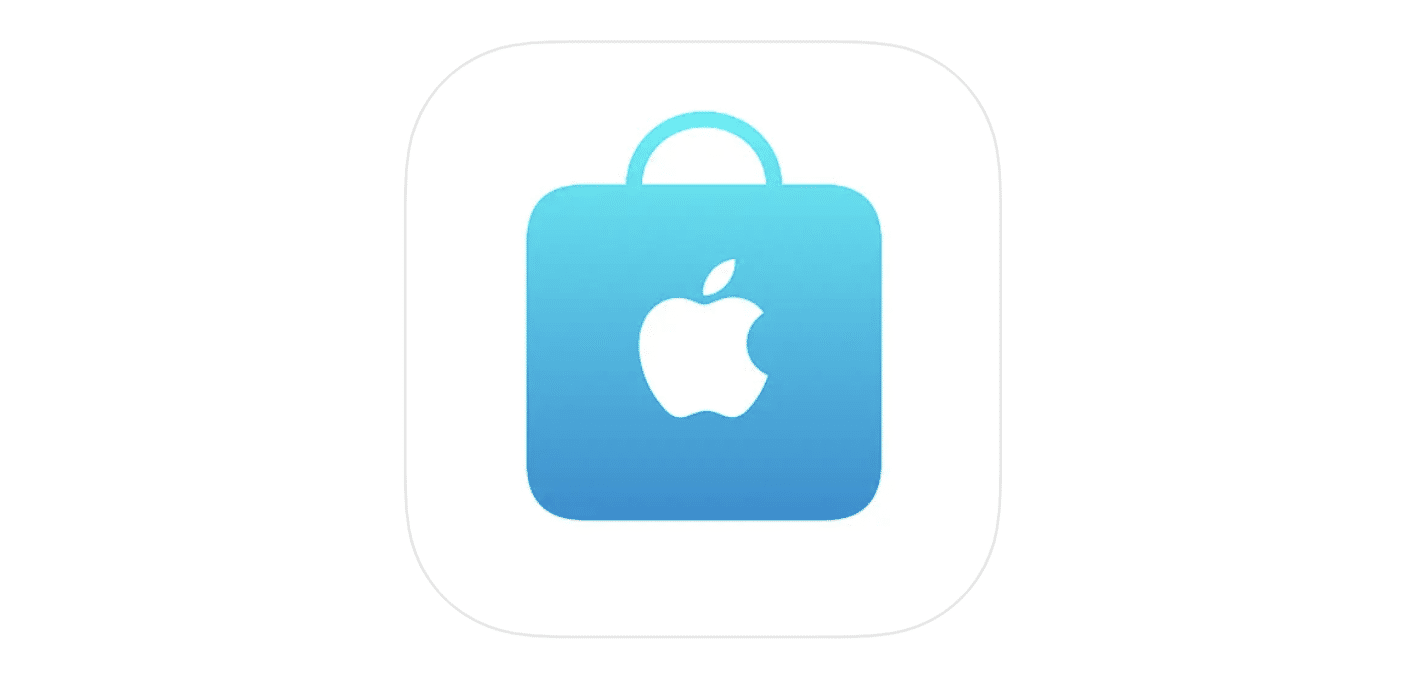Apple has revised its US App Store policies to permit developers to include links to external payment methods. This decision comes after a protracted legal battle with Epic Games, which challenged Apple’s stringent control over in-app purchases within its walled garden. While this marks a notable shift, the devil, as always, lies in the details.

Apple now gives a single link to freedom to developers
Developers can now apply for an “entitlement” to include a single link within their app, directing users to a website they own or manage for purchasing digital goods and services. However, this privilege is exclusive to the United States App Store and cannot be implemented in other regions. Additionally, Apple retains control over granting or denying the entitlement based on unspecified criteria.
Developers may apply for an entitlement to provide a link in their app to a website the developer owns or maintains responsibility for in order to purchase such items. Learn more about the entitlement. In accordance with the entitlement agreement, the link may inform users about where and how to purchase those in-app purchase items, and the fact that such items may be available for a comparatively lower price.
The entitlement is limited to use only in the iOS or iPadOS App Store on the United States storefront. In all other storefronts, apps and their metadata may not include buttons, external links, or other calls to action that direct customers to purchasing mechanisms other than in-app purchase.

While external payment options emerge from the shadows, Apple’s in-app purchase system remains a mandatory presence within apps. Users still have the familiar option to pay through Apple, potentially hindering the adoption of external methods.
This requirement, coupled with Apple’s continued commission of 12% (or 27% for non-Small Business Program members) on purchases made through external links, suggests that Apple isn’t ceding complete control just yet.
Despite the limitations, this policy shift holds the potential to benefit both developers and consumers. Developers gain greater flexibility and potentially lower transaction fees through external payment platforms. Consumers, in turn, might enjoy more competitive pricing and a wider range of payment options. However, the true impact on pricing and user behavior remains to be seen.
Apple’s updated App Store policy represents a slight weakening of its previous strict approach. By allowing external payment options, there is a possibility for greater developer freedom and potentially lower prices for consumers. However, it is important to note that this does not necessarily mean a complete opening up of the app ecosystem.
As developers adjust to the new policy, it will be important to keep an eye on how this change will affect app users and the mobile industry as a whole. Only time will tell whether this policy shift will bring about significant changes in the app market.
Read more: